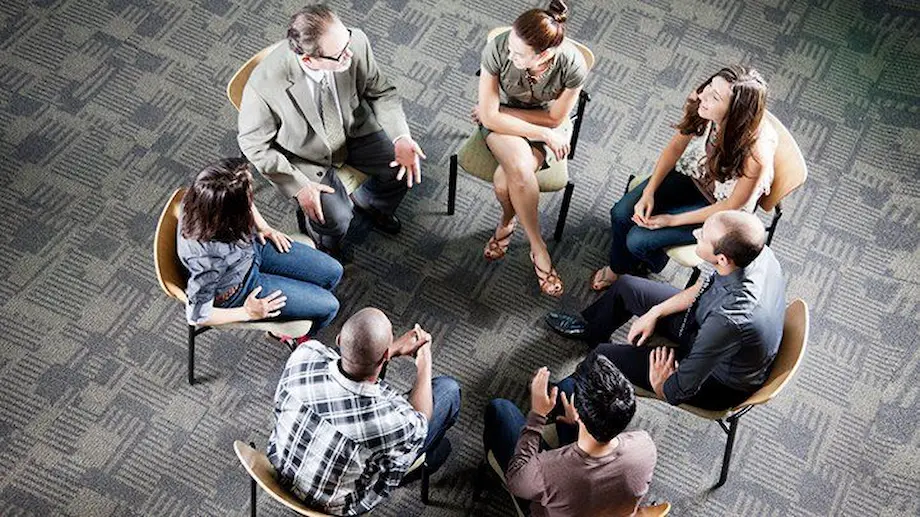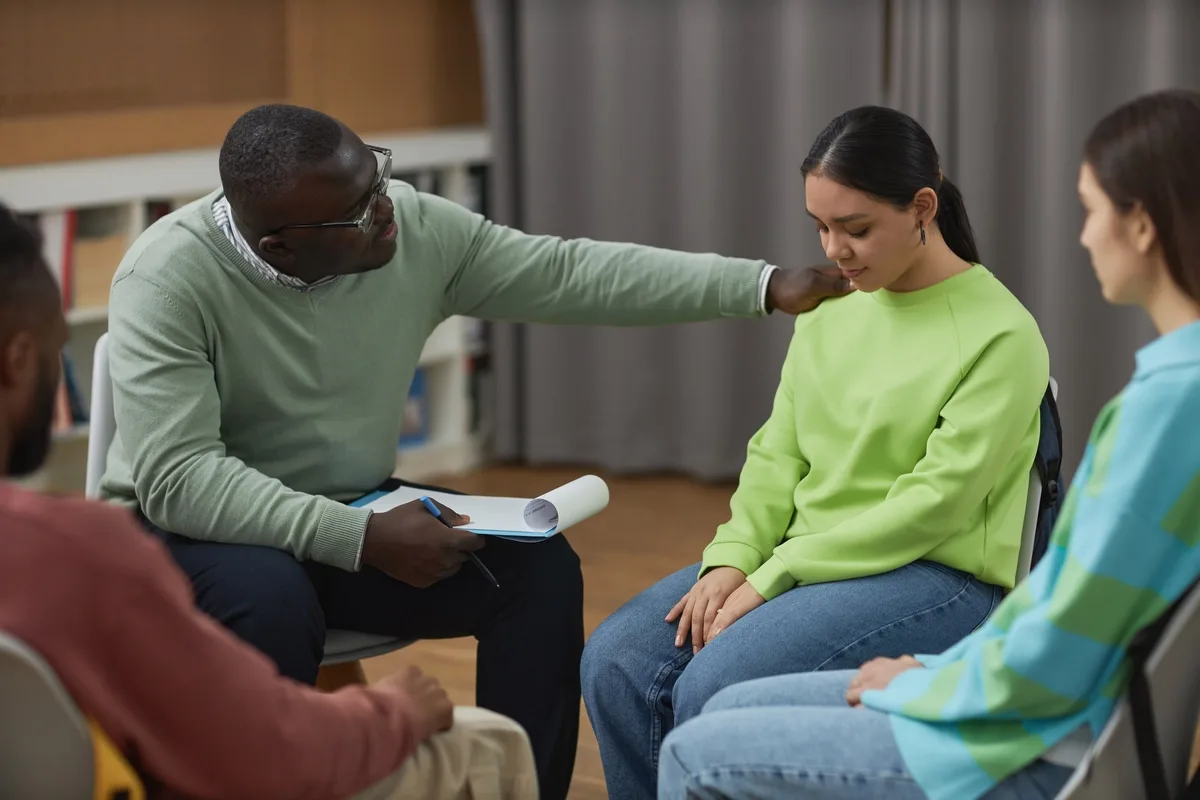centers play a crucial role in addressing drug and alcohol addiction that has become increasingly prevalent in Howard, Maryland. Situated in the heart of Maryland, Howard County is known for its lush landscapes and thriving communities, lying between Baltimore and Washington, D.C. With a population exceeding 300,000, it combines suburban living with a rich cultural diversity. However, amid its picturesque environment, Howard is grappling with the escalating issues related to addiction, particularly among its youth and families. The surge in drug addiction and alcohol dependency is a pressing concern, compelling local authorities and health organizations to prioritize comprehensive addiction treatment options. The rise of opioid use and alcohol abuse has been particularly alarming, instigating a public health crisis that necessitates immediate and effective intervention. Thus, Howard, Maryland rehab centers have become essential to the community, providing tailored treatment programs that address the unique needs of individuals battling addiction. These centers not only focus on detoxification and rehabilitation but also emphasize aftercare support, helping individuals to reintegrate into society and maintain sobriety. Each facility is equipped with a team of dedicated professionals who are committed to guiding individuals on their journey to recovery. Historically, Howard County has served as a blend of rural and urban living since its establishment in the late 18th century. The area has evolved significantly, transforming into a critical hub of residential and commercial activity in Maryland. Nonetheless, with its growth, the challenges related to substance abuse have also intensified, highlighting the ongoing significance of rehab centers in the area. By understanding the depth of the drug and alcohol addiction crisis in Howard, Maryland, and recognizing the vital work done by rehab centers, individuals are encouraged to seek help and explore their pathways to recovery, ultimately fostering a healthier and more informed community.Addiction treatment, drug and alcohol rehab centers are also available in
HowardLearn more about




























































































































































































































































































































































